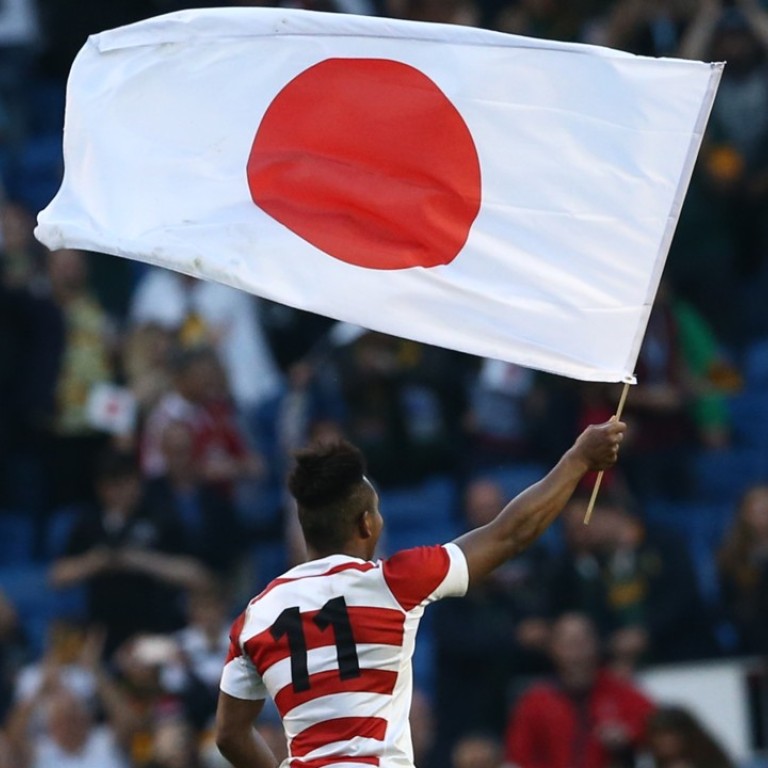
Rugby World Cup 2019: 10 reasons you should go to Japan (yes, beer is one of them)
From baseball and beer to jazz – and even the public bathrooms – there’s no better excuse to visit Japan than when the world’s best rugby teams turn up one year from now
One year from now the curtain will officially rise on rugby’s greatest show and for the first time in the history of the World Cup, the game will finally be entering into largely unfamiliar and unchartered terrain. Welcome to Japan 2019 – but what took it so long?
The previous eight editions were held on safe and familiar turf with Australia, New Zealand, France, South Africa and the UK hosting and co-hosting. While World Rugby has long espoused a mantra of growth, it had yet to take the marquee event into lucrative and burgeoning markets like Asia and North America.
As inviting and exotic as Japan may appear, it is not utopia. Foremost among the issues is that Japan is for the Japanese.
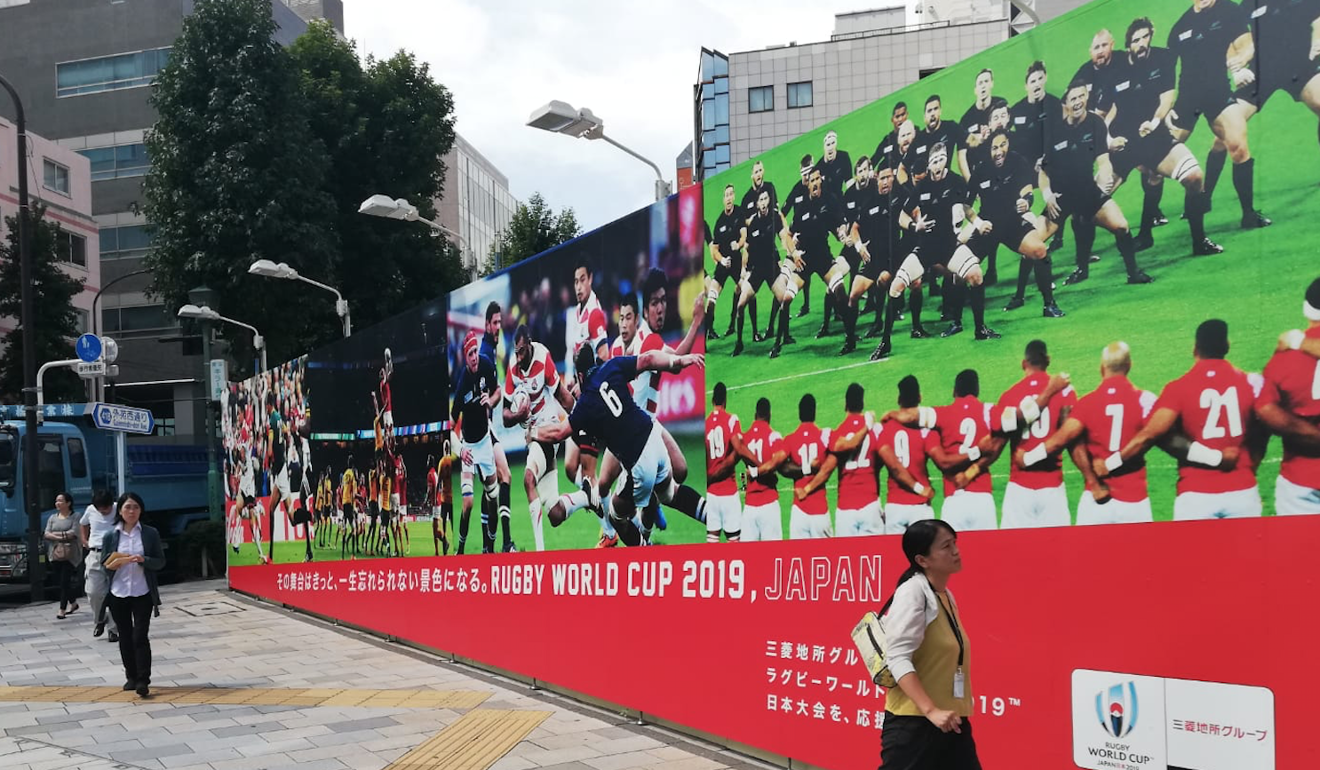
For a highly educated and somewhat international populace, their ability to communicate in anything but Japanese is frankly abysmal.
Cultural assimilation has been a hot topic among various politicians who recognise the need for economic growth as well as finding a solution to an ageing society with a rapidly declining birth rate while still maintaining their, ahem, exclusivity.
With the 2019 Rugby World Cup (September 20-November 2) and the Tokyo Summer Olympics in 2020, officials are spinning it as a coming-out party for a new Japan. If that is the case, there is much work to do.
As welcoming as the people try to be, there are many inhospitable elements which can drive visitors nuts and most stem from an overregulated system.
The hotel lobby recently used its political muscle to put a serious kibosh in the Airbnb and home hospitality sector just in time for the world’s arrival. Accommodation is sparse, expensive and cramped.

Telecommunications for visitors are basically a nightmare, with a number of Byzantine regulations preventing non-Japanese from getting a sim card with a phone number. There is a largely useless “tourist sim” available for data and the less said about that the better.
Progress in health issues is measured now in clearly marked non-smoking areas in cafes and bars, but guess what? – smoke travels. If the idea of whiffing a cigarette in a doughnut shop at 7am is unpalatable, well, tough luck. They are not changing any time soon, no matter what the rest of the world thinks.
Japan is historical, respectful, layered, meticulous, maddening and, oh so stubborn. More than anything, Japan is undeniably and absolutely fascinating. Take the good with bad and there is far more good.
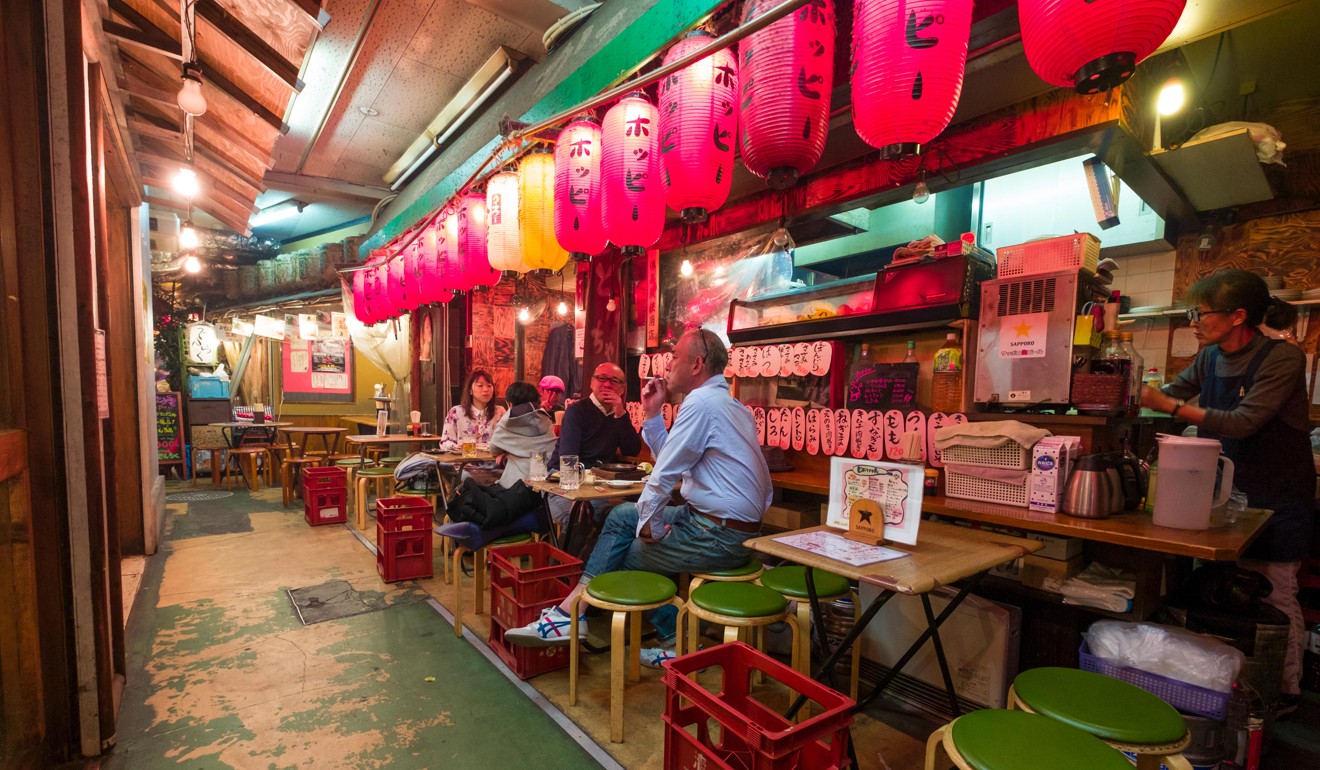
1. Japan is much, much cheaper than you think: Coffee at a high-end hotel in Tokyo will cost you close to US$15, but unless you are on a corporate expense account, why are you drinking coffee in a high-end hotel? Every city and town is chock full of groovy little cafes and bistros where you can get a belly full of succulent food and therapeutic booze for less than the price of a cup of coffee in five-star land. There is also a convenience store on virtually every corner serving up ridiculously delicious fare, like egg salad sandwiches on par with the best delis in New York and all for about US$2. Inflation is basically non-existent, which leads to …
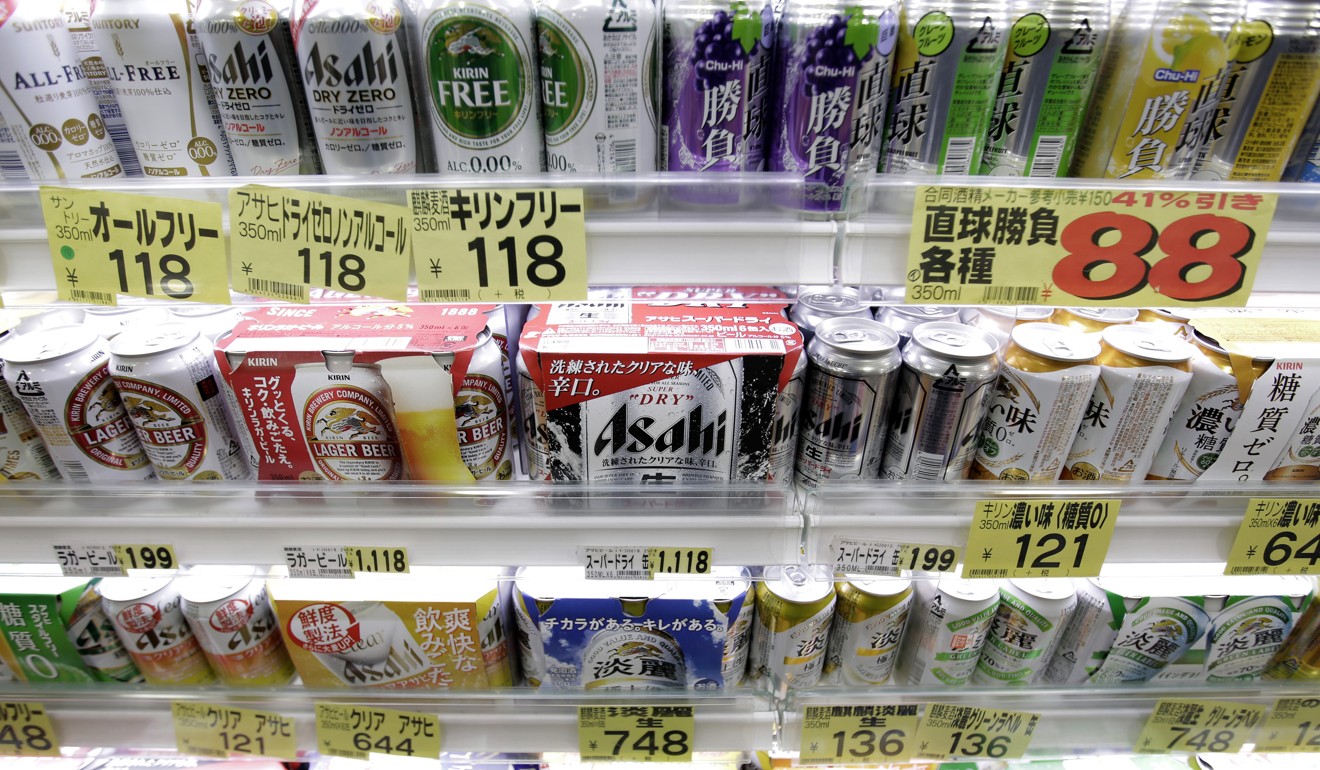
2. Beer, beer, beer: Rugby fans like beer, a lot. This is scientifically irrefutable. In Japan, they may well have met their match because not only is the domestic beer some of the finest in the world, it is also reasonably priced. You can buy the top brands off the shelf for US$2 a can. Japan also has stringent beer purity laws with absolutely zero chemicals allowed. All this means you can drink as much as you want without worrying about a hangover. Throw in copious shots of Jägermeister and all bets are off.
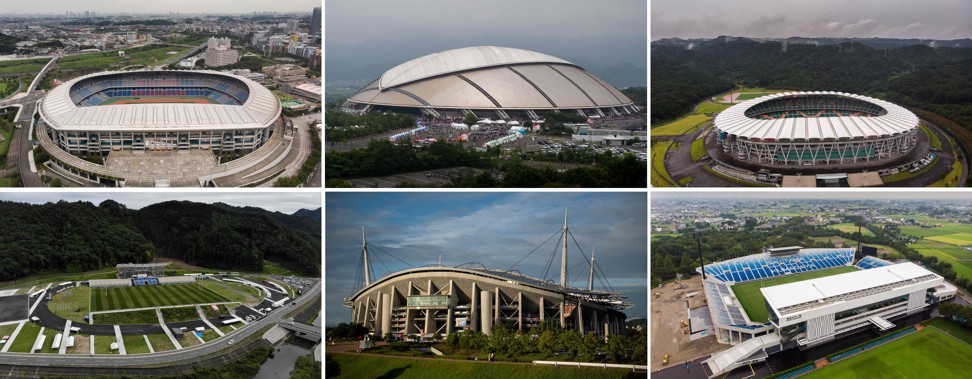
3. It’s not the Olympics: In the summer of 2020, Tokyo will play host to more than 12,000 athletes from 206 countries, who will compete over 17 days
Naturally, government and sports officials have allocated most of their time and resources toward the Games. But while the Rugby World Cup is floating somewhat under the radar with only 20 national teams of 31-man rosters, it will showcase the entire nation with 12 venues stretching from the island of Hokkaido in the north to Kyushu in the south. You will see parts of this mystical country that will be seared into your consciousness forever.
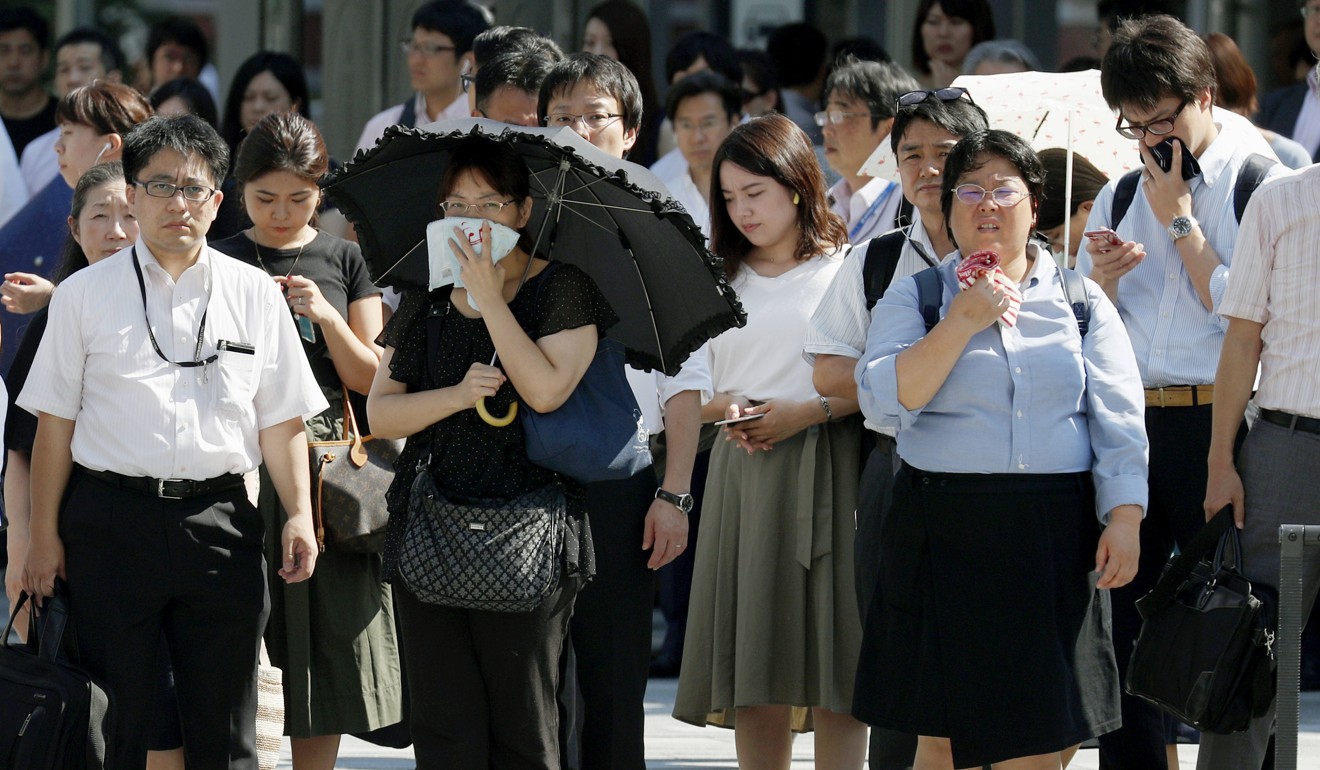
4. It’s not the Olympics Part II: Tokyo is an oven even on the coolest of days in July and August. This year alone, 96 people died in the capital area from heatstroke as temperatures soared over 40 degrees Celsius, prompting Olympic officials to announce they are considering a number of measures to battle the heat. There are no such issues in late September and October, which is arguably the most comfortable and idyllic season and falls smack dab in the middle of the Rugby World Cup.
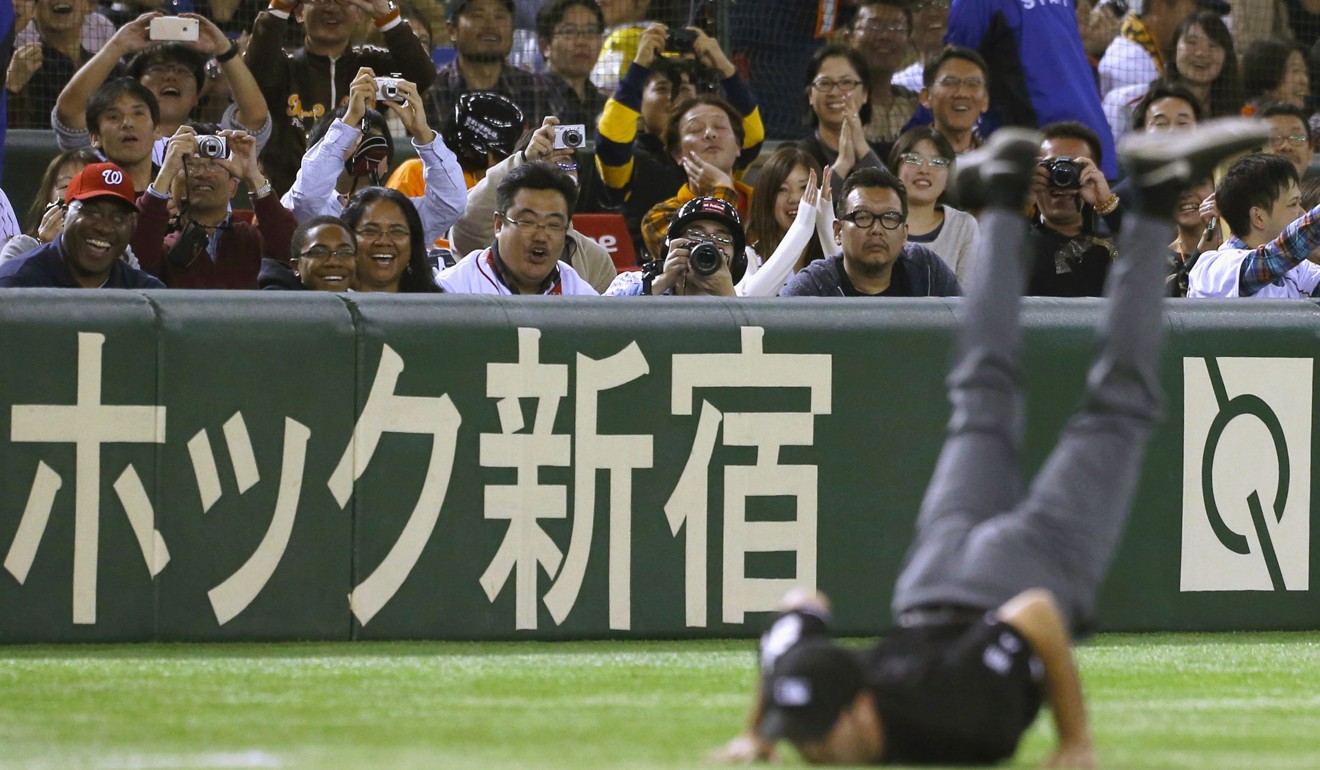
5. Baseball, beer and jazz: The holy trinity of mankind is in abundance in Japan. Yes, you came to watch rugby, so why go to a baseball game? Because baseball games in Japan are uniquely entertaining with their carnival atmosphere and pageantry. The sweet sound of soothing jazz is absolutely everywhere as well. From supermarkets and cafes to plane and train stations, it’s the endless soundtrack of a country getting its groove on. And the beer scene is so special it’s worth mentioning twice.
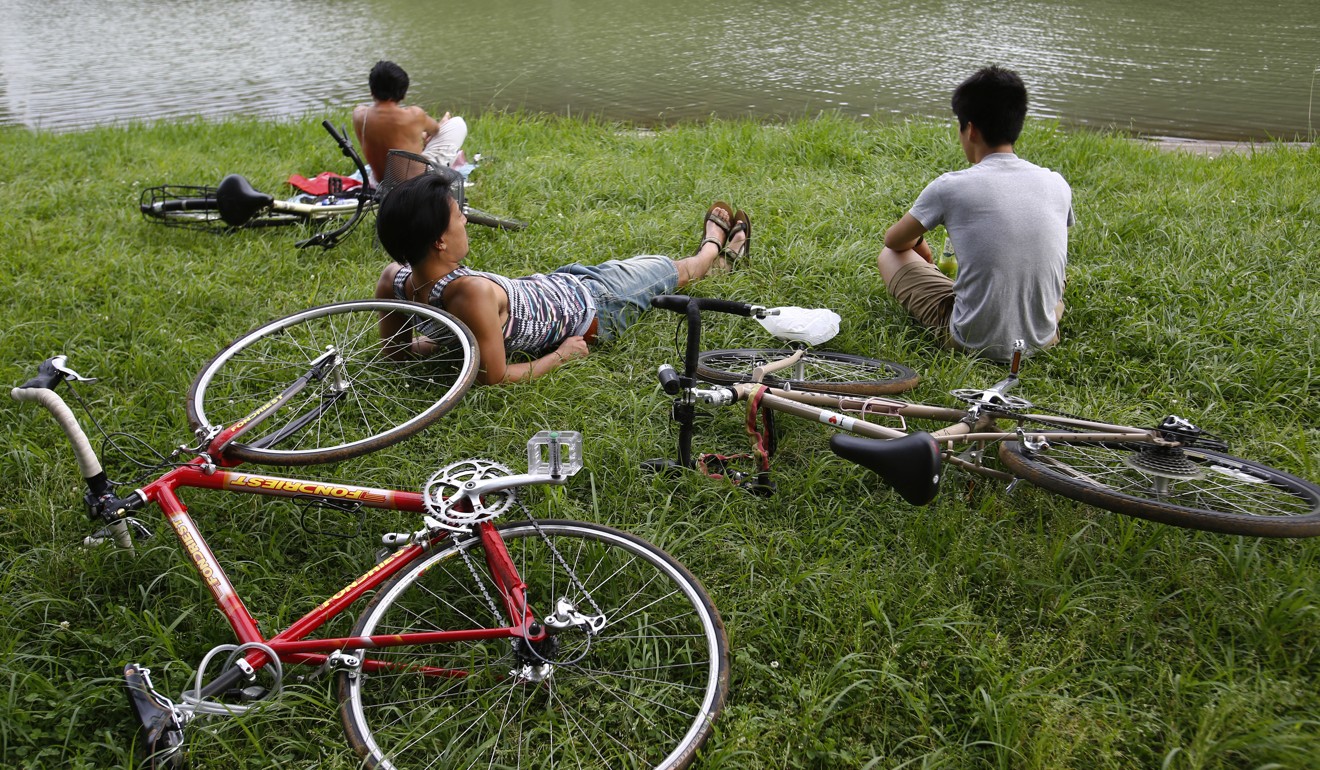
6. It’s safe and it works: Japan is the Switzerland of Asia, nearly everything is on time and efficient. Also comforting is being at ease in a country you don’t know and violent crimes and muggings are extremely rare. Guns are virtually non-existent and there may be only a couple of neighbourhoods to avoid. Even more startling is the hundreds and hundreds of bicycles parked on pavements and nary a lock in site. Talk about totally disorienting.
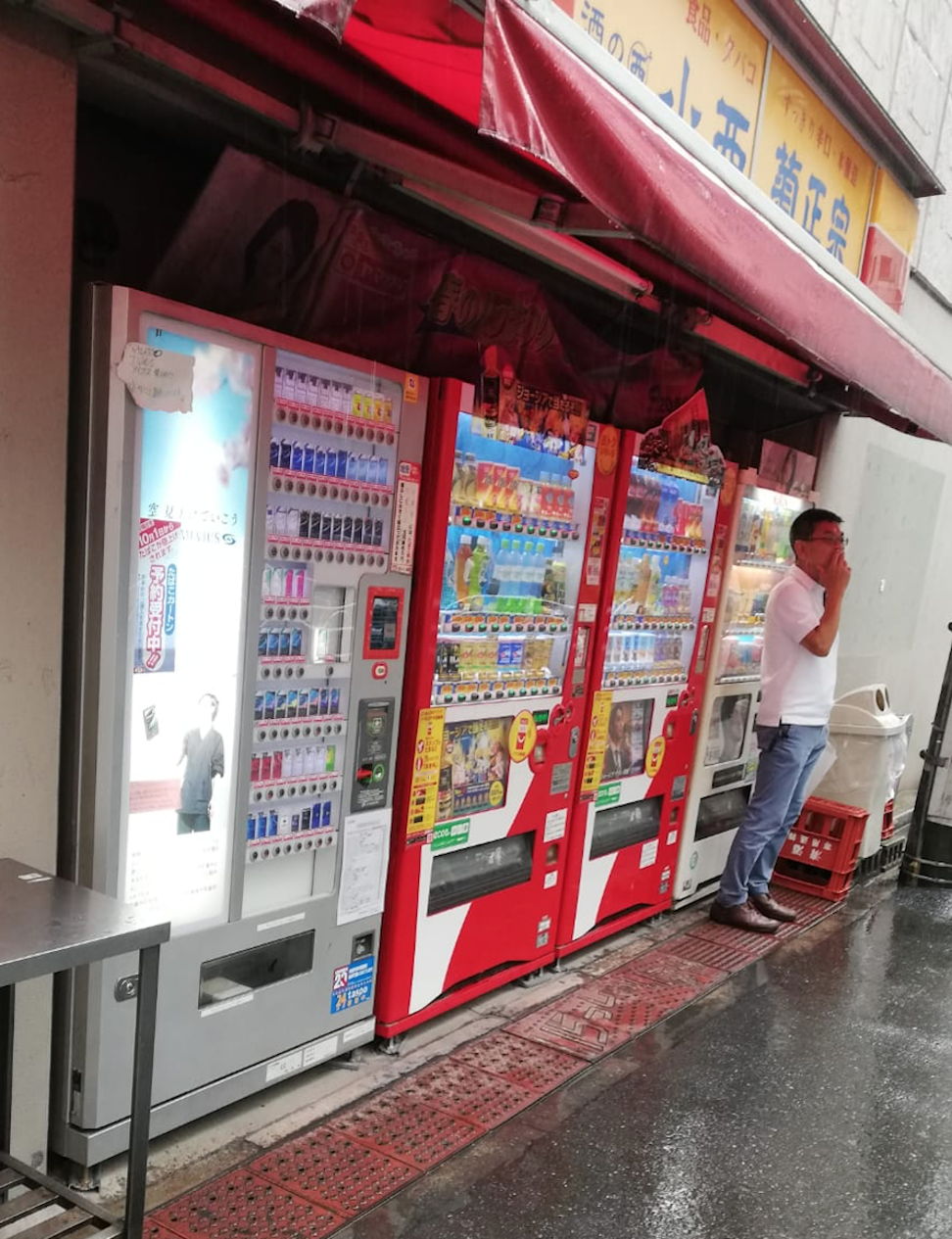
7. Throwback vending machines: In virtually every part of the world, vending machines have been relegated to the same fate as phone booths and the dodo bird. But despite Japan’s reputation for being at the vanguard of newfangled technology, it is still very much old school when it comes to the vending machine. Basically every corner of the country has at least one selling everything from cigarettes and (you guessed it) beer to coffee and juice. And they are so darn cheap, like US$1 for a tasty coffee. If you grew up kicking them mercilessly when you were ripped off, forget it. These machines are, like everything in the country, highly efficient and state-of-the-art modern. Save your boots for walking.
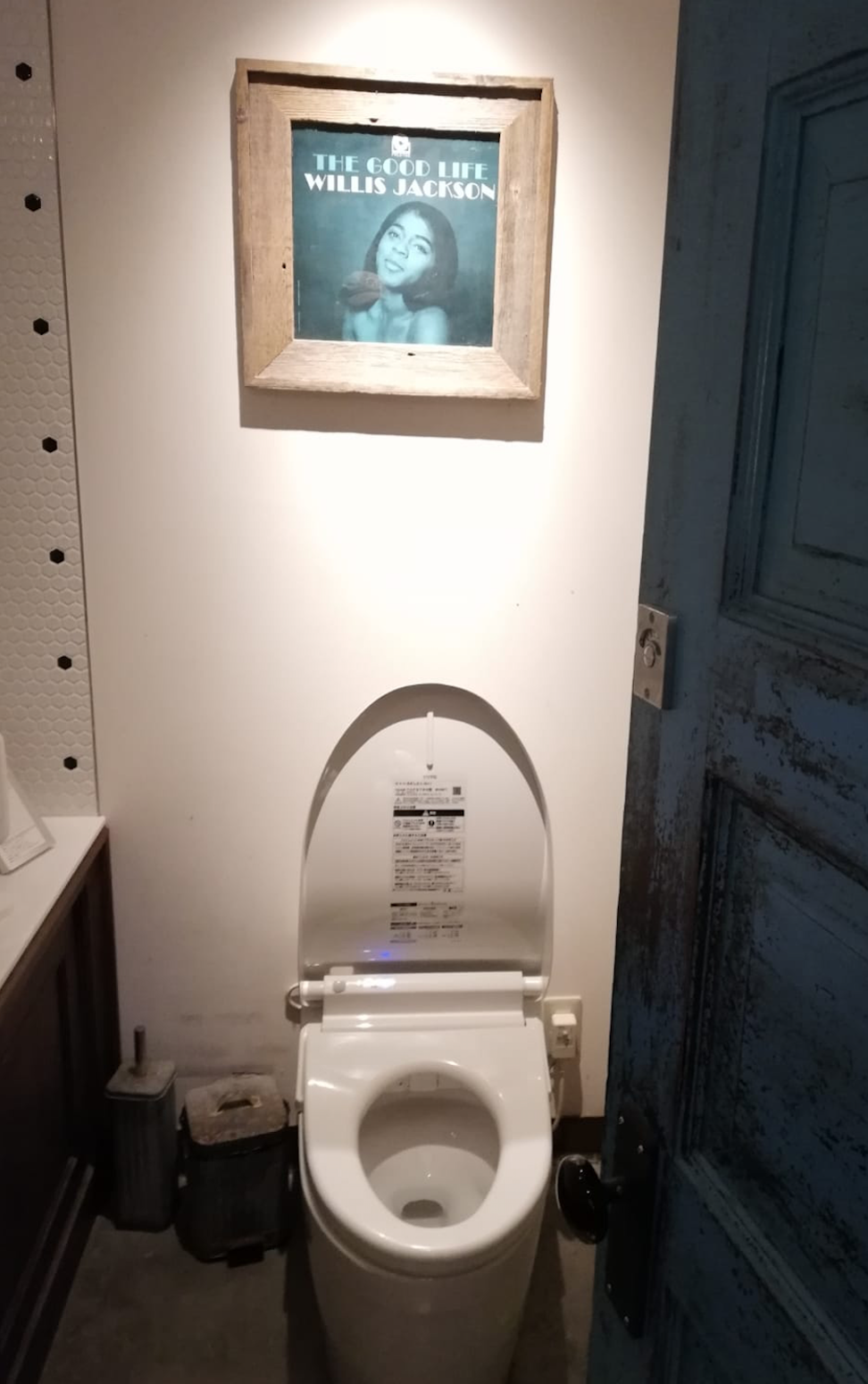
8. The public restrooms are immaculate: This is obviously very important because the beer is tasty and plentiful … and in every vending machine.
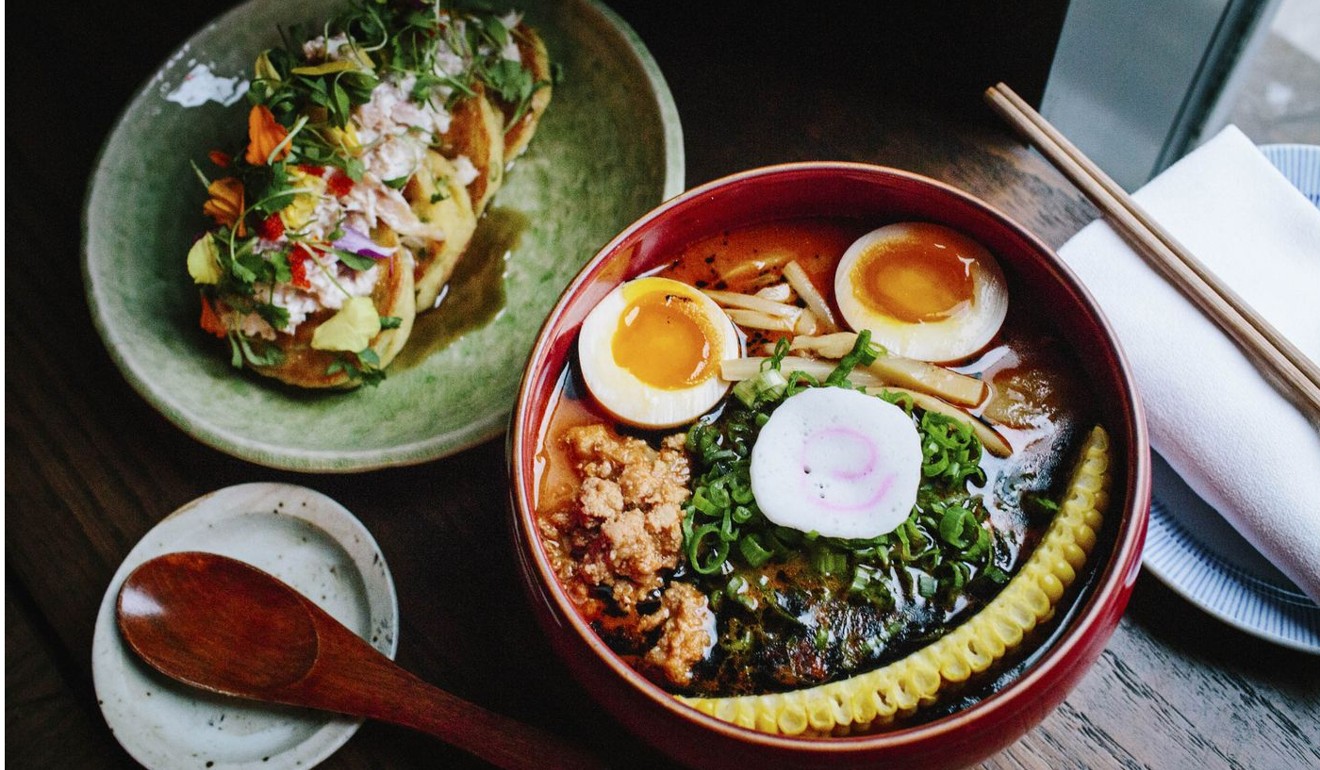
9. Food: It is basically illegal to serve a bad meal in Japan so repeat after me – Teppanyaki, izakaya, shabu-shabu, sobu, ramen, sushi and sashimi. Edamame, okonomiyaki, karage, gyzoa, kobe, Wagyu, matsuzaka and a cheeseburger in paradise. Your stomach is going to thank you on so many different levels. You may never have indigestion again.
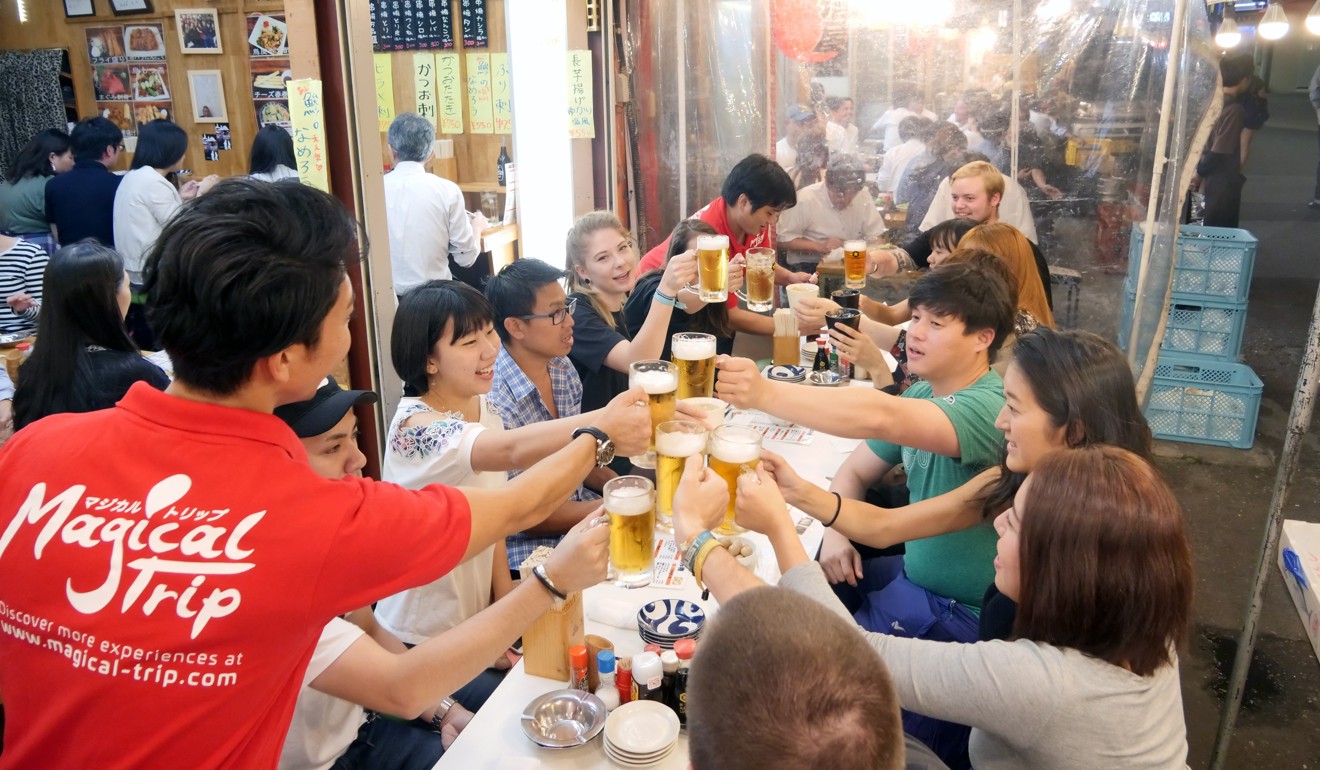
10. The people: Whatever Japanese people may think of you or where you come from, be it positive or negative, they will go to great lengths to conceal it. From the bus and taxi drivers to the waitresses and clerks in the grocery stores, they nod and bow in a genuine show of gratitude. Respect is the fundamental core of their culture.There is always much more than meets the eye in Japan, a country of beguiling idiosyncrasies and endless contradictions, much like the game of rugby itself. Rugby is obviously a physical and often brutal sport, yet it still maintains an inherent sense of integrity, honour and respect for both teammates and opponents. Who knows, maybe Japan and rugby will turn out to be a couple of kindred spirits, both looking to move forward and spread their wings while never losing sight of their core beliefs. At the very least, it should be fascinating watching it all unfold.


